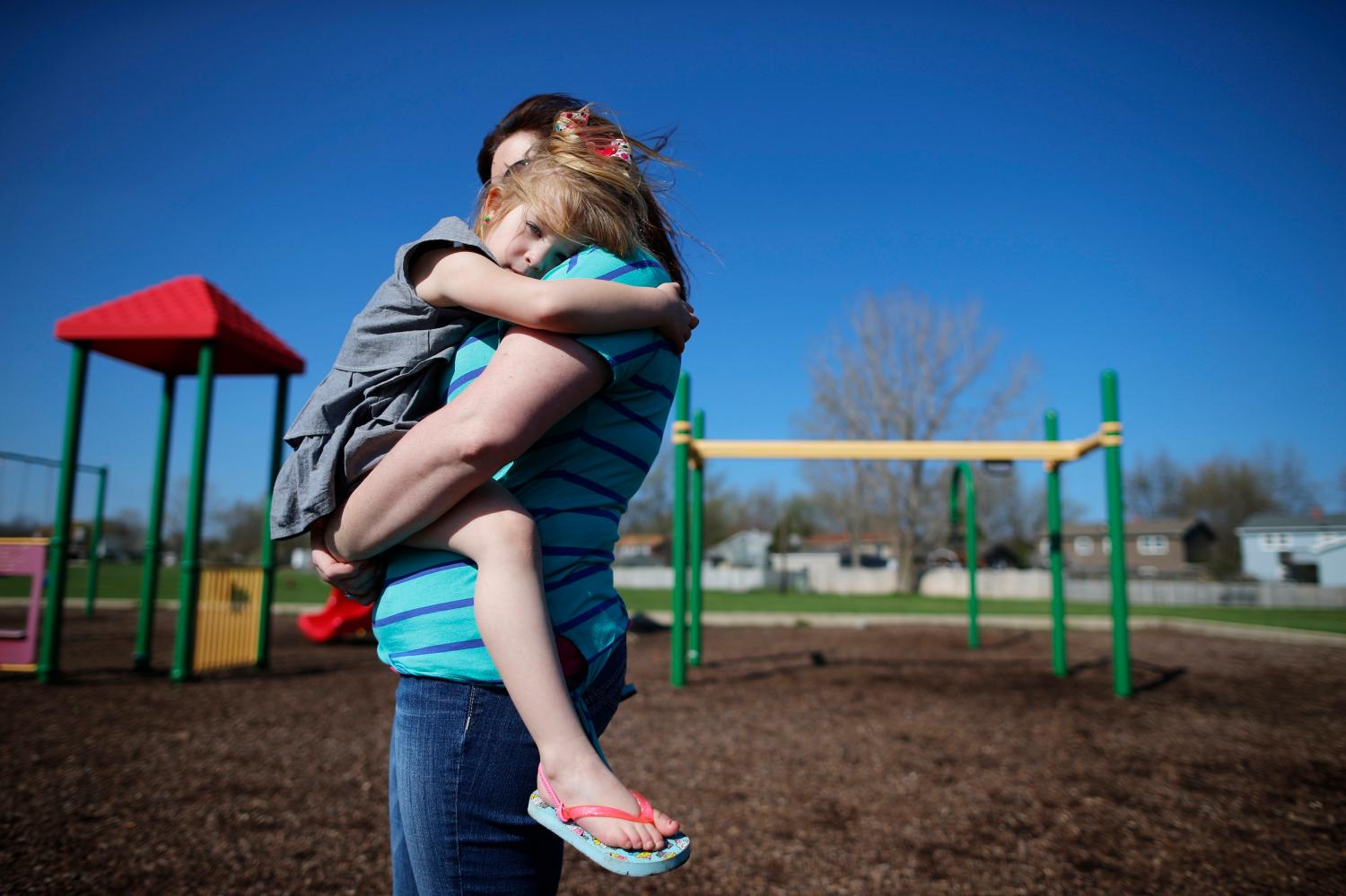Note: Part of a two-week series devoted to exploring what we can learn about social mobility from Joseph Fishkin’s new book, Bottlenecks.
Certainly money has important consequences for the development of children during their early years, and as a result it sets a direction for their future. But at the same time, we know that family income is far from the only factor.
Attempts to tease out the causal role of money for life chances have been a mainstay of high quality research: for an exemplar, take Susan Mayer’s book What Money Can’t Buy, published more than 15 years ago.
Reeves and Karpilow quite correctly summarize the major lessons of this research, and tie it to an important theme in Professor Fishkin’s book, Bottlenecks.
Money Gaps Matter, As Well as Mobility Gaps
If money itself acts as an ‘instrumental good’ bottleneck, social mobility cannot be treated separately from economic inequality. So far, it has been politically convenient to focus on upward mobility of children from the bottom of the income distribution, measured in some absolute sense, because it puts broader issues of the influence of inequality to one side. The mobility-only approach puts the onus of the problem on the poor—their incomes, their work ethic, their schooling, their fertility choices, their parenting strategies—and abstracts from the broader context within which they must engage, define themselves, and raise their children. The rich are not part of this story.
But Professor Fishkin is right: “Anyone concerned with equal opportunity ought also to be concerned with limiting inequality of income and wealth.” (page 203, emphasis in the original)
Inequality Distorts the Rules of the Game
The factors impacting child development certainly include non-financial ones, including what social scientists clinically label the “unobserved parental characteristics”, which are correlated with income.
But inequality alters the rules of the game. It narrows the goals we pursue as individuals, shapes values, and more importantly it turns our pursuit of the good life into an arms race over positional goods, and changes both incentives and opportunities. That is what makes money a bottleneck that bites.
Unequal Outcomes Equal Unequal Opportunity
Bottlenecks outlines a theory of opportunity that gives us good reason to worry about outcomes, because to some important degree unequal outcomes lead to unequal opportunities.
Tim Harford, the noted columnist writing for The Financial Times, has expressed the same concern this way:
This is what sticks in the throat about the rise in inequality: the knowledge that the more unequal our societies become, the more we all become prisoners of that inequality. The well-off feel that they must strain to prevent their children from slipping down the income ladder. The poor see the best schools, colleges, even art clubs and ballet classes, disappearing behind a wall of fees or unaffordable housing.
Fishkin helps to convert a feeling of unease into structured and logical discussion about the consequences of inequality.
Money is a significant bottleneck. Facing that fact can only be healthy, if somewhat more challenging, for the way we think about public policy.
The Brookings Institution is committed to quality, independence, and impact.
We are supported by a diverse array of funders. In line with our values and policies, each Brookings publication represents the sole views of its author(s).





Commentary
Money: a Bottleneck with Bite
May 14, 2014